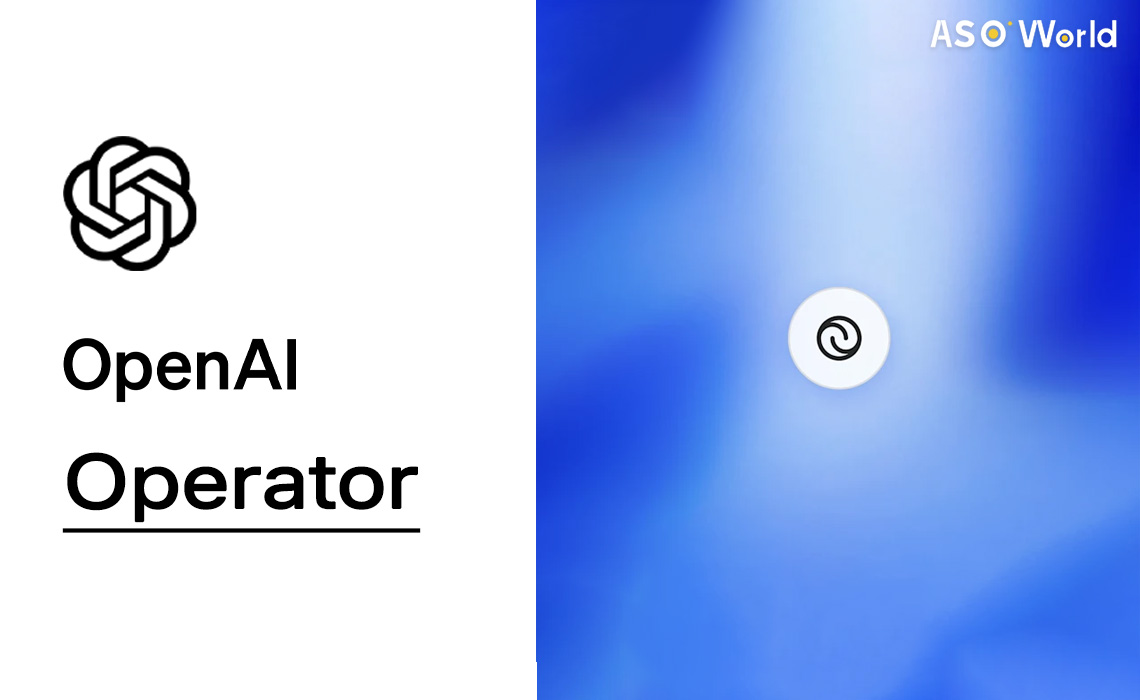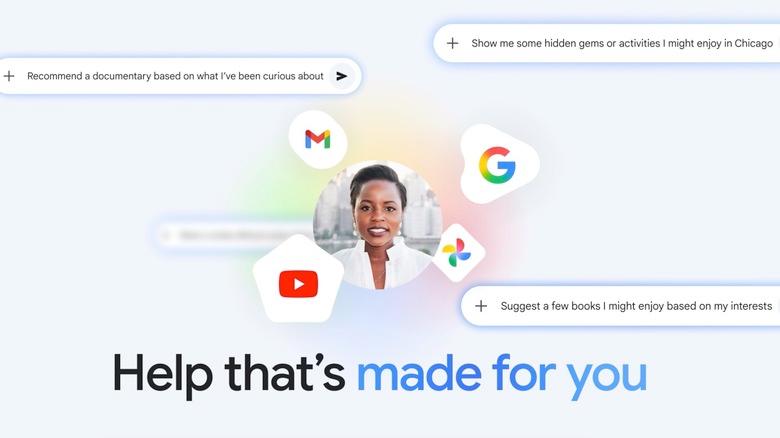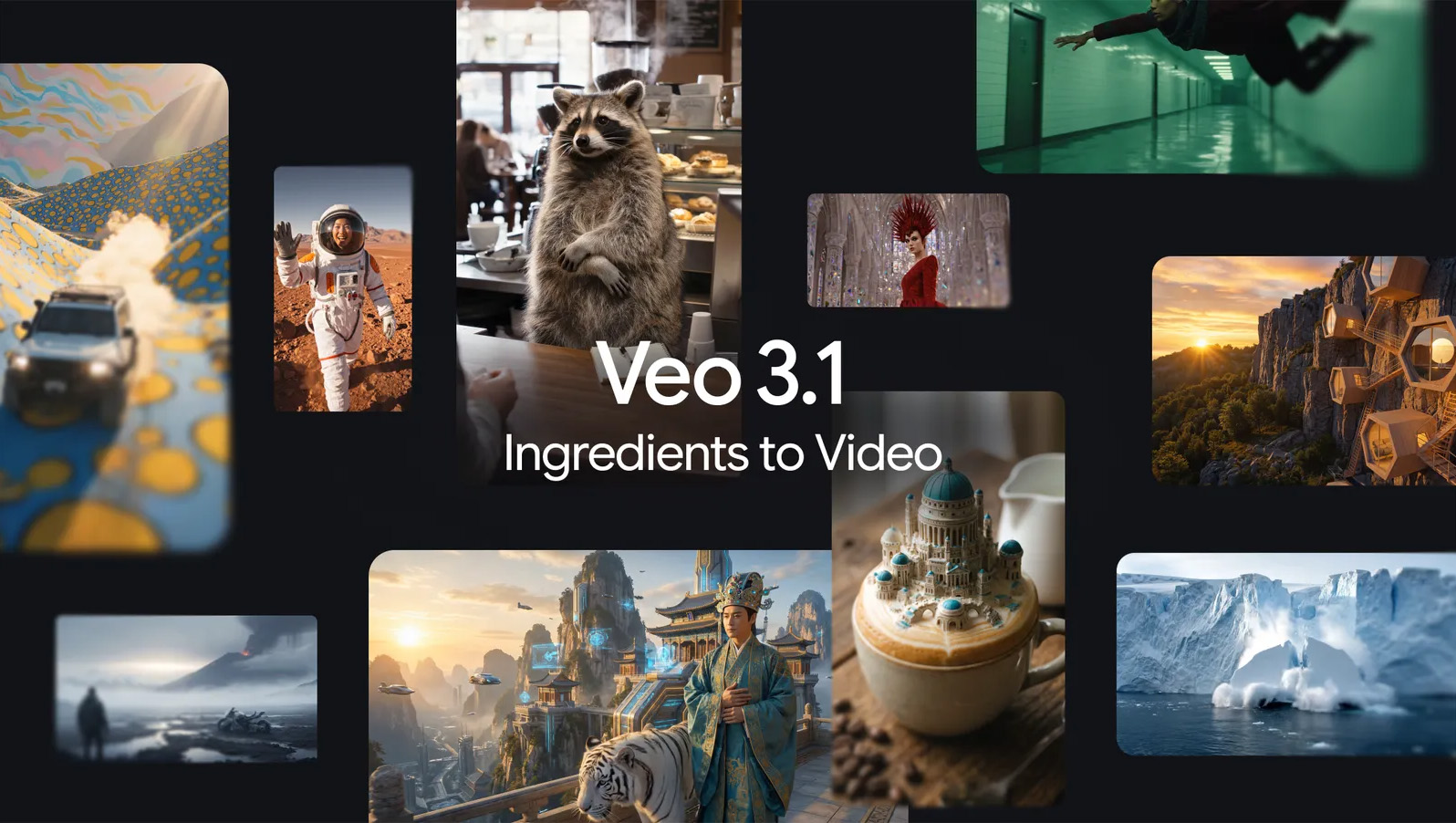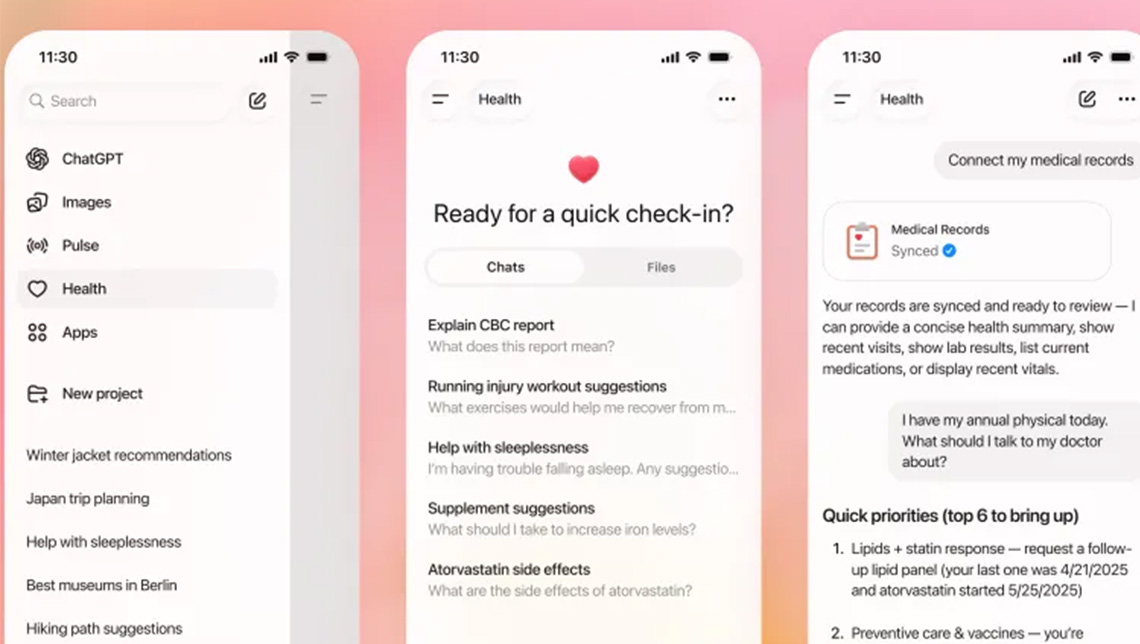OpenAI has introduced Operator, an AI-driven agent designed to autonomously perform tasks on the web using its own browser.
Initially available to Pro users in the U.S., Operator aims to streamline repetitive online activities, offering a glimpse into the future of AI-assisted digital interactions.
Features and Capabilities of Operator
Autonomous Task Management
Operator is powered by the Computer-Using Agent (CUA) model, which combines the vision capabilities of GPT-4o with advanced reasoning.
This allows it to interact with web interfaces similar to a human, performing actions like booking travel, making reservations, and shopping online without requiring custom API integrations.
Users can direct Operator to handle tasks by simply describing them, and the agent can manage multiple tasks simultaneously.
Safety and Privacy Measures
To ensure user safety and data privacy, Operator employs several safeguards. It requires user confirmation for critical actions and does not collect sensitive information like passwords or payment details.
Additionally, Operator is equipped to detect and ignore malicious prompts and phishing attempts, with a monitoring system in place to pause operations if suspicious activities are detected.
Limitations and User Control
While Operator showcases significant potential, it currently faces challenges with complex interfaces and certain specialized tasks.
Users are encouraged to take control when Operator encounters difficulties or when sensitive information needs to be entered.
OpenAI emphasizes that Operator is still in a research preview phase, with ongoing improvements based on user feedback.
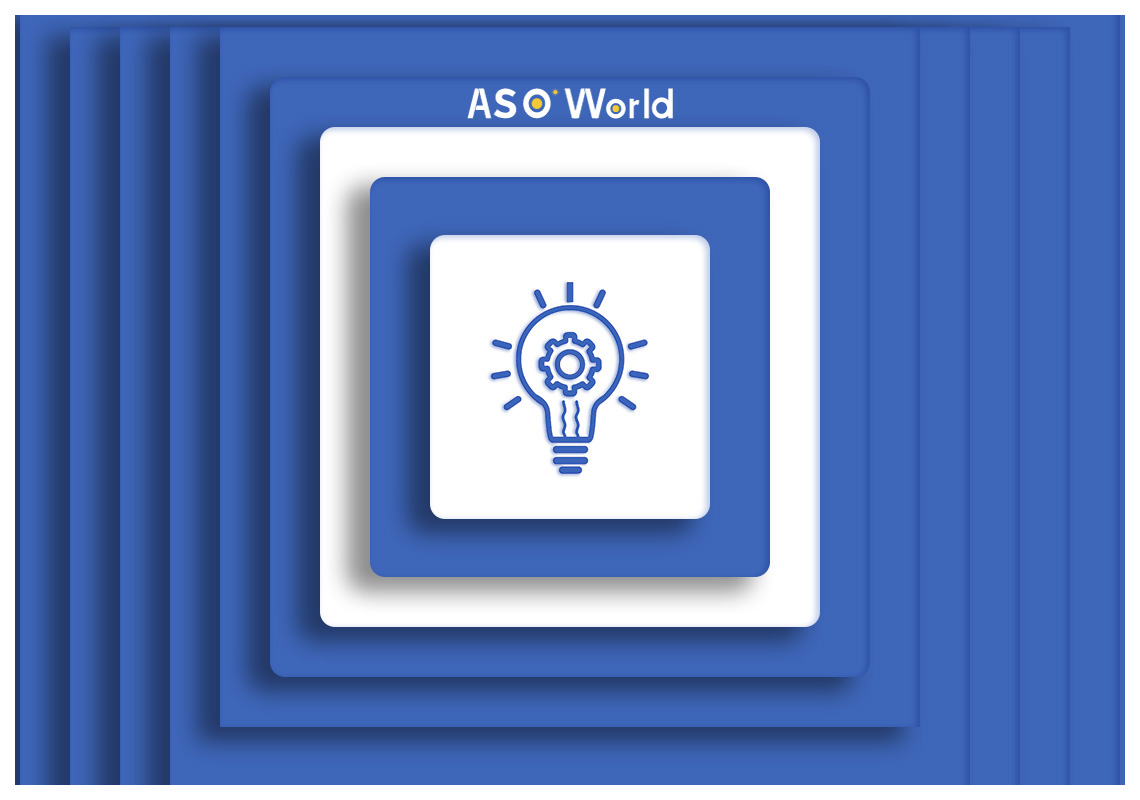
Collaborations and Future Plans
Industry Partnerships
OpenAI has partnered with companies such as DoorDash, Instacart, and Uber to ensure Operator aligns with business norms and enhances customer experiences. These collaborations aim to refine Operator’s capabilities while respecting industry standards and user expectations.
Expansion and Integration
Future plans for Operator include expanding access to Plus, Team, and Enterprise users, and integrating its capabilities directly into ChatGPT. OpenAI also intends to expose the CUA model in its API, allowing developers to create their own computer-using agents.
Addressing Concerns and Next Steps
Data Retention Policies
OpenAI has implemented a 90-day data retention policy for Operator, which is longer than the 30-day period for ChatGPT.
This policy aims to enhance fraud monitoring and ensure product safety while maintaining user control over data. The company assures that only authorized personnel will have access to this data for abuse investigation and legal purposes.
Continuous Improvement
Operator's development is an ongoing process, with OpenAI committed to refining its functionality through real-world feedback. As AI agents become more integrated into daily life, OpenAI aims to balance innovation with safety and trust.
Editor's Comments
OpenAI's launch of Operator marks a significant step forward in AI-driven task automation.
By leveraging advanced models like CUA, Operator has the potential to transform how users interact with the web. However, as with any emerging technology, careful attention must be paid to privacy and security concerns.
The success of Operator will depend on its ability to adapt and improve based on user experiences and feedback.
As AI agents continue to evolve, they promise to redefine digital interactions, making everyday tasks more efficient and accessible.
